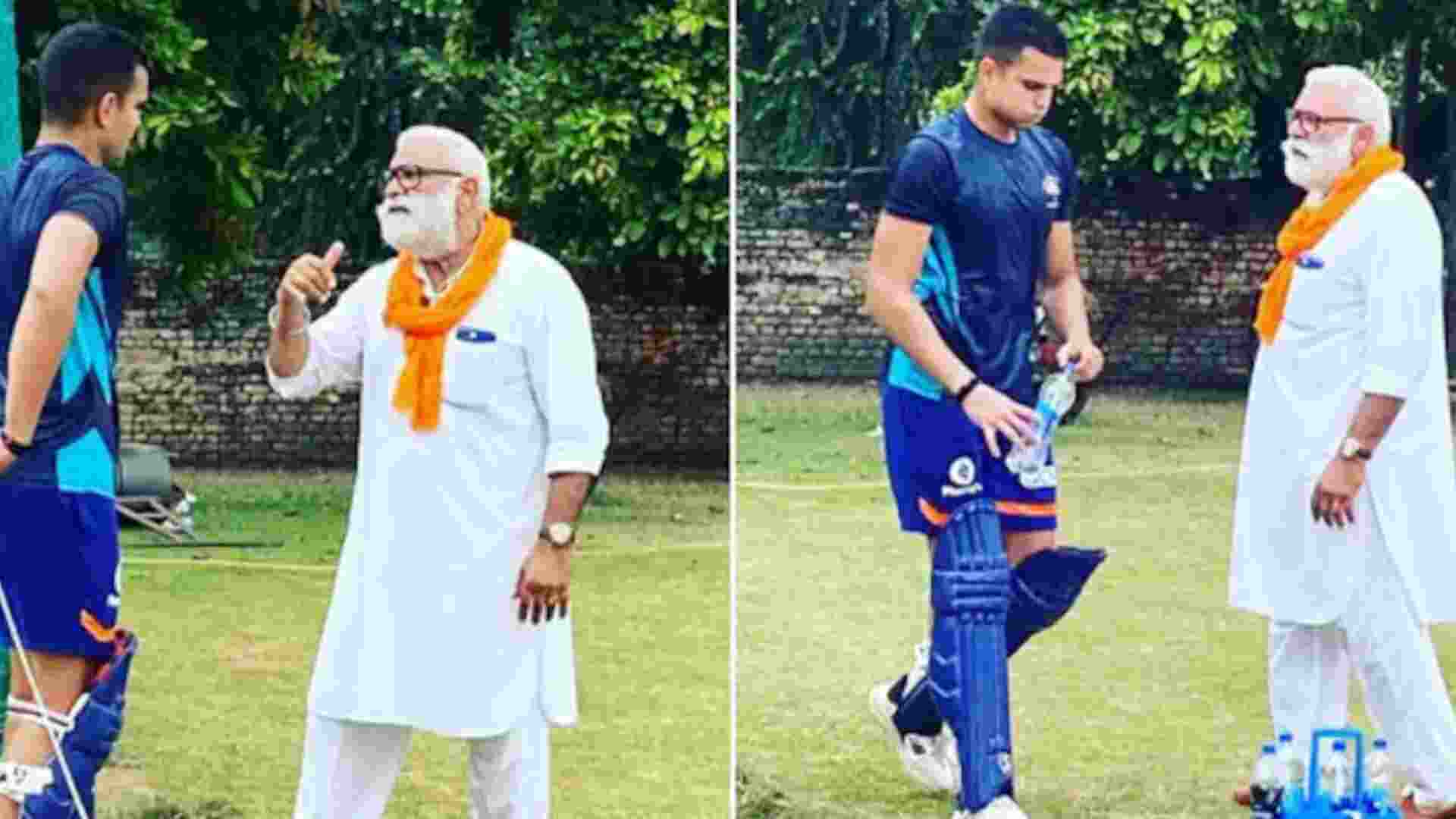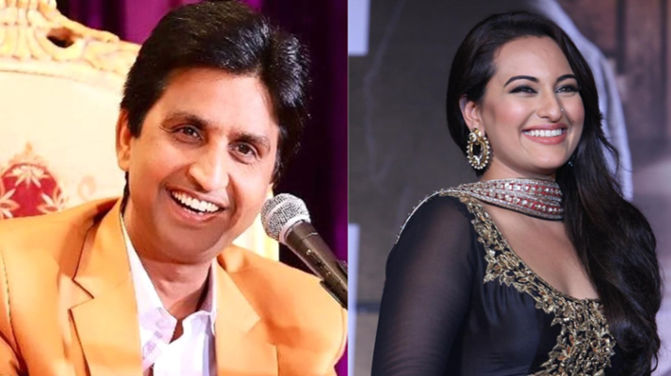Yograj Singh, the former cricketer and father of Yuvraj Singh, is no stranger to making bold statements. Recently, his remarks about cricket legends Kapil Dev and MS Dhoni gained significant attention. During an interview on the Switch YouTube channel, Yograj expressed his lingering resentment towards MS Dhoni, stating, “I won’t forgive MS Dhoni. He should look at his face in the mirror. He is a very big cricketer, but what he has done against my son, everything is coming out now; it can never be forgiven in life.”
Yuvraj Singh and Dhoni shared the Indian cricket field for over a decade, with Yuvraj even serving as vice-captain under Dhoni. However, tension arose when MS Dhoni was appointed captain following Rahul Dravid’s tenure in 2007, a role many believed should have gone to Yuvraj, given his position as vice-captain under Dravid.
Yograj Singh played a crucial role in shaping Yuvraj’s cricket career, providing him with rigorous training. He also had the opportunity to coach Arjun Tendulkar, son of cricket legend Sachin Tendulkar. In the same interview, when asked about Arjun’s potential, Yograj used a vivid metaphor to describe the young cricketer’s future.
“Have you seen a diamond in a coal mine? It starts as coal, just a rock when taken out, but if it is placed in the hands of a skilled craftsman, it can be polished into a Kohinoor. It is priceless. But if that same diamond reaches a person who does not know its worth, he destroys it,” Yograj explained. He added that his own son, Yuvraj, acknowledges his father’s role in his success, often saying, “There is magic in my dad’s hands; he made me what I am.”
Yograj also shared that his strict coaching methods were initially met with harsh criticism, even within his own family. “I was called ‘Hitler, Dragon Singh,’ and everyone in my home hated me. My relatives said I shouldn’t have been a father,” he recalled. However, he stood by his methods, and with God’s grace, Yuvraj Singh emerged as one of India’s cricketing greats.
In this interview, Yograj Singh’s emotions reflect both the pride he feels for his son’s accomplishments and the bitterness he harbors towards those he believes wronged him.







